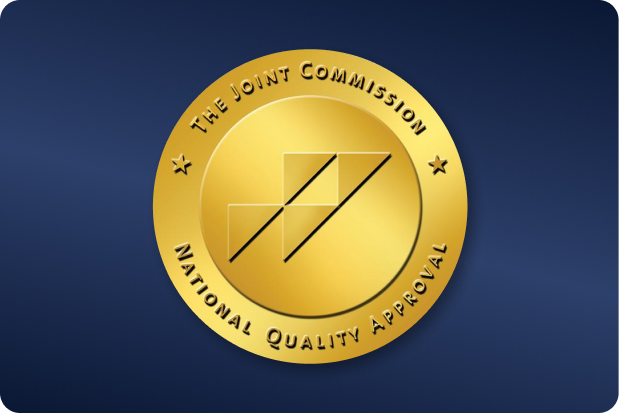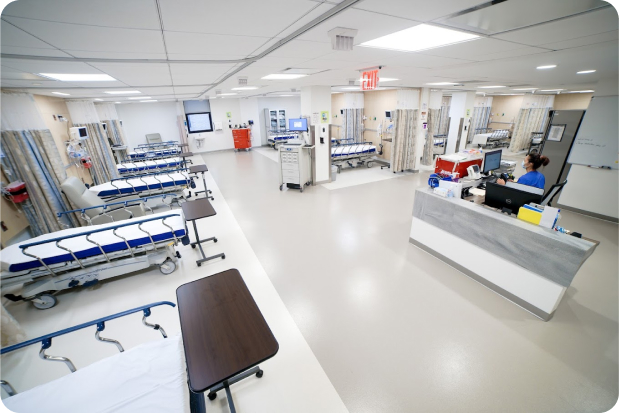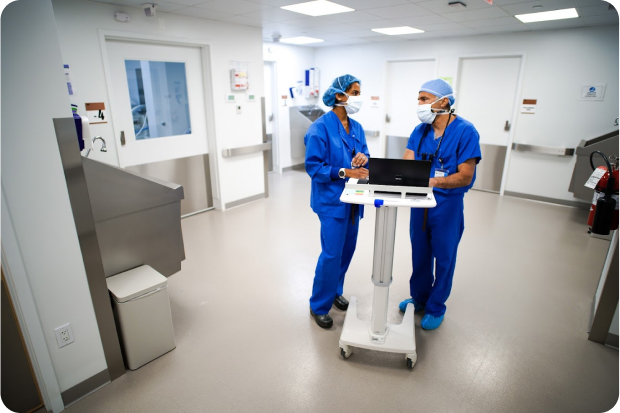 OUR LOCATIONSCall to book (212) 604-1300
OUR LOCATIONSCall to book (212) 604-1300
 OUR LOCATIONSCall to book (212) 604-1300
OUR LOCATIONSCall to book (212) 604-1300
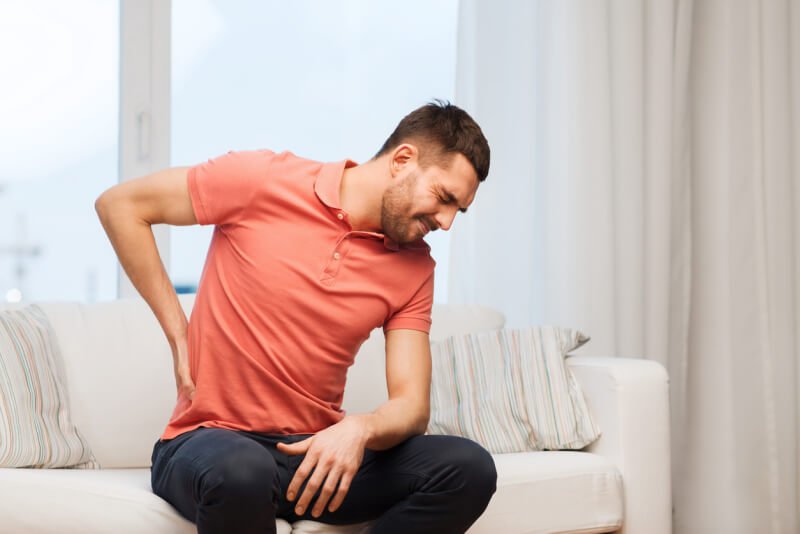
Lower back and neck pain are common complaints among millions of Americans. While the majority of these cases are due to poor posture or muscle strain, back pain is also associated with organ problems like the kidney.
So when should you visit a doctor for lower back or kidney pain? Lower back pain is a common condition that’s often mistaken as kidney pain because of the location. It’s better to consult a doctor if the pain persists for a few weeks to find out if the symptom is an indicator of kidney problems like kidney stones, urinary tract infection, kidney infection, renal cancer, polycystic kidney syndrome, or retroperitoneal fibrosis.
The kidneys are a pair of bean-shaped organs located just below the rib cage on both sides of the spinal cord. They’re responsible for removing the acid, waste, and other wastes from the blood which are flushed out of the body in the form of urine. Kidneys also manufacture hormones that regulate blood pressure, strengthen the bones, and create blood cells.
Since the kidneys are extremely important for the body, people should be wary of different signs of kidney damage like kidney pain. This sign of kidney problem is often mistaken for common lower back pain, a condition that affects about 31 million Americans. This makes accurate diagnosis of the condition even more important because the right treatment depends on what condition a patient has.
On the other hand, chronic or acute pain in the upper and lower back is often a symptom of spine problems, muscle strains, and pinched spinal nerves. Depending on the exact location of the nerve pain, patients might also experience arm, thigh, leg, hip, or neck pain.
One of the ways to identify whether a patient has kidney or back pain is to find the exact location of the pain. The type of pain or sensation they’re feeling, as well as the severity of the pain also helps doctors differentiate between the lower back and kidney pain.
Consulting a physician helps patients know whether they have kidney problems or common low back pain. They also help determine the main cause of the pain and prescribe different treatments or pain relief options. Talk to a doctor about the possible kidney pain if:
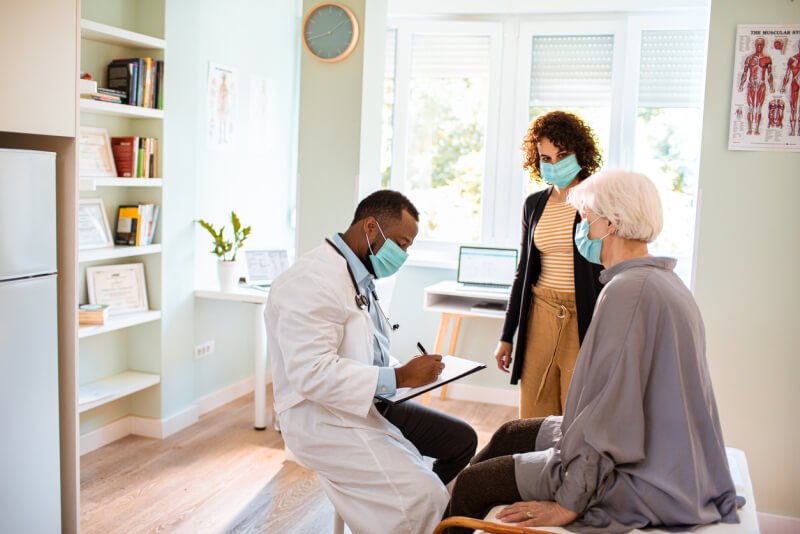
Kidney pain in the lower back is often caused by a more serious kidney disease. Since the kidneys are connected to other organs, it’s essential to get the right diagnosis and treatment as soon as possible. Here are some of the most common causes of kidney pain felt in the lower back:
Urine is composed of different minerals that might form into stones inside the body. These kidney stones are small, like a grain of salt but they might also grow to be the size of a corn kernel. They typically form inside the kidneys if there is too much salt and mineral but not enough liquid in the body.
Most people don’t experience symptoms even if their bodies have kidney stones. Patients only feel symptoms once these stones start traveling from the kidneys down to the ureter and the bladder. Aside from kidney stone pain, here are the other symptoms that patients might experience:
Doctors perform blood tests, urine tests, and imaging tests to find out if there are kidney stones inside a patient’s body. They also check the patient’s medical history and perform a full body checkup.
Kidney stones start forming inside the kidneys when there are high levels of minerals like uric acid, oxalate, and calcium in the blood. Another contributing factor to kidney stone formation is the lack of water needed to dilute the salt and minerals in the body. People with a family history of kidney stones are also more likely to develop them more than others.
Most kidney stones pass naturally through pee. But if the patient experiences severe pain because of the kidney stores moving around, the doctor may prescribe pain relief medication like naproxen sodium and ibuprofen to help with the discomfort.
However, bigger kidney stones that can’t pass are eventually broken up using different procedures like extracorporeal shockwave lithotripsy (ESWL), ureteroscopy, and percutaneous nephrolithotomy. Treating kidney stones is important because it might lead to other complications like urinary incontinence and gout.
This type of infection occurs along the urinary tract because of the bacteria left after urination. UTI often comes with kidney pain, fever, painful urination, cloudy urination, and general fatigue.
Urinary Tract Infection is often diagnosed using urine culture and urinalysis. Additional tests like CT scan, cystoscopy, and ultrasound are only performed if the patient gets infected multiple times. These tests help the doctors determine if there is an injury or disease that causes chronic UTI.
UTI is caused by bacteria or other microorganisms that enter the bladder and urethra, causing kidney or bladder infection and inflammation. This condition only affects the bladder and urethra most of the time, but the infection-causing bacteria might also travel up the ureters to infect the kidney.
Treating UTI is extremely important because it might lead to kidney failure. Doctors often prescribe antibiotic medicines to fight the infection and kill the bacteria. However, patients might develop antibiotic resistance so make sure to only take the dosage and type of antibiotic prescribed by the physician.
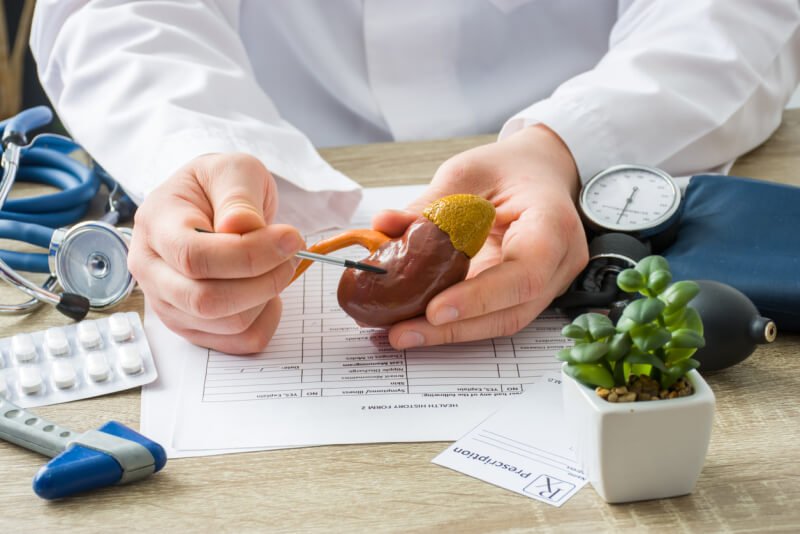
Pyelonephritis (also known as kidney infection) is a condition that causes pain and discomfort in one or two kidneys. It’s usually caused by the same bacteria that caused urinary tract infection in a patient. Kidney infections might cause life-threatening problems if left untreated. It might also become a chronic kidney disease which causes the urine to flow backwards into the kidneys.
Other symptoms of a kidney infection include pus or blood in the pee, fever and chills, appetite loss, upset stomach, burning sensation when peeing, frequent urination, dull ache in the lower back, and fatigue.
Patients need to consult a physician first about their symptoms before performing other diagnostic tests. Like UTI, patients also undergo urinalysis and urine culture to check for the presence and species of bacteria. Depending on the results of the diagnosis, physicians might also need to perform ultrasound, CT scan, digital rectal exam, or dimercaptosuccinic acid (DMSA) scintigraphy.
Anyone is at risk of developing kidney infection, but women are more prone than men because their urethra is much shorter. The infection-causing bacteria only need to travel a short distance before reaching the bladder and the rest of the urinary tract.
Kidney infection is often treated with antibiotics for about one to two weeks. The symptoms should improve after a few days as long as the patient takes the right amount of medication prescribed by the doctor. But for severe cases of kidney infection, the patient might need to stay in the hospital to get the antibiotics through an intravenous needle.
Kidney cancer is a serious medical condition in which the kidney cells become malignant and form a tumor. These tumors don’t cause kidney pain during their early stages, which is why they grow largely first before causing painful symptoms and getting discovered.
Aside from lower back and abdominal pain, other symptoms of renal cancer include bloody urine, lump in abdomen or sides, loss of appetite, unexplainable weight loss, fever, fatigue, anemia, and swelling legs and ankles.
Doctors and kidney specialists need to perform thorough physical examinations to accurately diagnose kidney cancer and its stage. Patients are asked about their medical history and health habits to find out if they’re at high risk of developing renal cancer. Some of the tests performed by doctors to diagnose kidney cancer include urine tests, blood tests, intravenous pyelogram (IVP), ultrasound, CT scan, MRI, and renal arteriogram.
After the diagnosis of kidney cancer, doctors may start creating treatment plans to eliminate the cancer cells or prevent them from spreading. This may include surgical removal of some urinary organs, chemotherapy, radiation therapy, arterial embolization, radiofrequency ablation, and cryotherapy.
This genetic disease causes numerous fluid-filled cysts to develop in the kidneys that often interfere with kidney function. The cysts also cause medical problems like infections, kidney stones, and high blood pressure if left unchecked. Some PKD patients might not experience symptoms for years until it starts causing painful symptoms.
ADPKD occurs because of a problem in one of the two genes of the DNA. PKD1 and PKD2 are the genes responsible for creating proteins in the kidney cells, which is why a problem in either of these genes might cause the kidney cells to form cysts.
If the primary physician suspects that their patient has a serious kidney problem, they may refer the patient to a nephrologist. The kidney specialist then asks different questions that help them determine the patient’s exact condition. They may also perform tests like MRI, CT scan, and DNA test to get an accurate diagnosis.
Unfortunately, there isn’t a cure for ADPKD. Patients may only treat the health problems associated with the disease to prevent kidney failure. Depending on the complication being treated, doctors might prescribe pain medicines and antibiotics.
Retroperitoneal fibrosis (also known as Ormond’s disease) is a rare condition that occurs when there is a development of excess tissues in the space behind the stomach (retroperitoneal area). This results in a blockage in the ureters that carry urine from the kidneys to the bladder.
Patients with this condition might experience kidney failure without the right treatment. Some symptoms of Ormond’s disease include pain and swelling in the legs and lower back.
The exact cause of fibrosis is still unknown but there are risk factors for this kidney disease, including age and gender. It’s also associated with medications for migraines and high blood pressure, use of cancer treatments, and a history of pelvic or abdominal surgery.
Diagnosing retroperitoneal fibrosis requires using MRI or CT scans of the abdomen to check the appearance of the affected area. The physician might also ask patients to take blood tests, X-ray of the ureters and kidney, ultrasound, and biopsy.
The treatment for this condition depends on the location and severity of the fibrosis. In the early stages of this disease, anti-inflammatory medication and immunosuppressants are usually prescribed. However, if the fibrosis has started blocking the ureters, a surgical procedure for removing the blockage might be required.
Looking for a top pain management clinic in New York City for back pain relief? New York Pain Care is a pain management center that specializes in providing non-surgical treatments for spine and back conditions that cause acute or chronic pain.
Find out how our highly trained staff here at New York Pain Care can help you return to your pain-free life by consulting with us today. Call us at (646) 762-9336 or visit our website to book an appointment.
Learn more: A Guide to Lower Back Pain Relief



